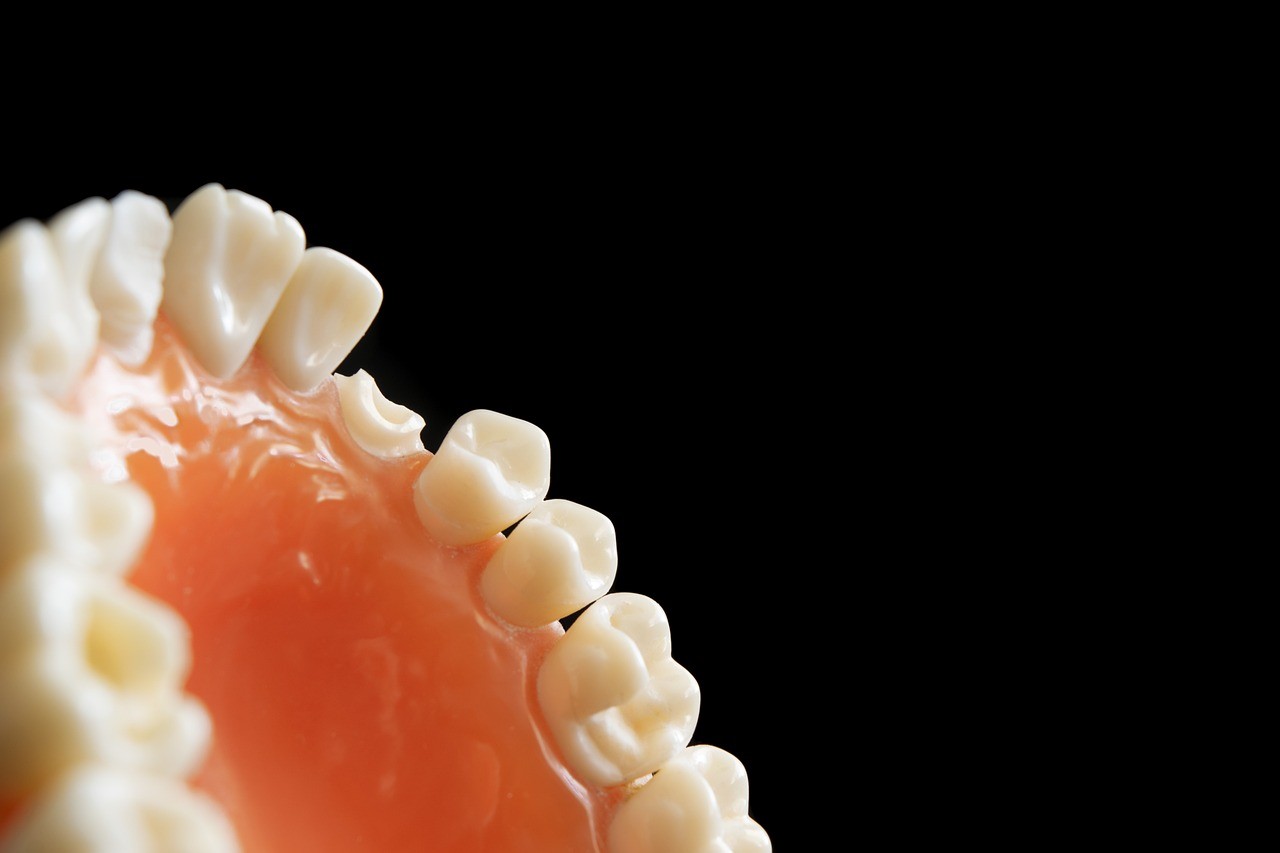
The Dental-Medical Approach to Managing Chronic Pain
Discomfort that sticks around for weeks often traces back to issues you would not expect. Tightening the jaw or grinding teeth at night can quietly overload muscles and press on nerves. This sends achy signals throughout the face, head, or neck. What feels like a constant headache or shoulder tightness might actually begin with how your teeth align.
The worst part is that lots of people bounce between doctors without finding relief. Persistent pain is also not always a medical issue; it can emerge from uneven surfaces, hypersensitive nerves, or swollen gum or joint tissues. Bringing oral care into the picture can reveal solutions that often help significantly.
Understanding Chronic Pain and Its Overlooked Sources
When ache lasts well beyond a few months, it often becomes its own problem rather than a warning sign. Instead of vanishing once an injury heals, ongoing discomfort can drag daily life into loops of rest, pills, and frustration. It shows up in many ways: dull soreness, sudden twinges, burning feelings, or steady pressure, sometimes steady and sometimes coming and going.
Underlying causes like worn joints, irritated nerves, or stubborn swelling often play their own parts. What further makes it tricky is how lasting pain mixes with tiredness, stress, and poor rest, muddying where it actually began. This is why checking beyond obvious issues matters, and why the mouth area is often overlooked.
The Role of Dental Health in Chronic Pain Cases
Muscles, joints, and nerve routes around the lower face link directly to the head and neck. When you clamp down, bite unevenly, or hide an infection, signals can travel far from the starting point. People may feel repeated head tightness, cheek soreness, or ear discomfort without realizing tooth troubles or jaw strain are the root.
Tension in the mouth region also shifts balance in nearby muscles. If chewing surfaces do not line up or the jaw hinge is not moving smoothly, you alter how you rest your head or hold shoulders, adding stress elsewhere. These hints also mimic other issues, so most general doctors first miss the clue. A delay further drags the struggle while the actual cause stays hidden.
Common Dental Issues That Can Cause or Worsen Chronic Pain
TMJ Disorders and Bite Imbalances
The mandibular hinge linking the lower face to skull works whenever you chat, chew, or open wide. If it is strained or off-kilter, you might notice clicking or occasional jamming. Soreness often spreads toward the temples, ears, or neck. Folks often shrug this off as usual tension or stress, yet it ties back to how the jaw moves or rests. Uneven chewing also worsens joint stress. Tiny mismatches further wear down tissues and muscles over time, causing ongoing aches during normal actions.
Undiagnosed Oral Infections and Neuralgia
When decay sneaks deep, it can spark hidden infection, bringing persistent misery. People often think it is temporary or blame sinuses when the ache comes and goes. Unfortunately, bacteria reaching the inner tooth layers or nearby bone fuel swelling and place pressure on the nerves. This sends pain signals to the jaw, cheek, or head.
Cracked or chipped teeth may further cause sharp sensitivity without visible holes. Hot or cold bites can sting intensely, pushing you to avoid one side or skip certain foods. If left unchecked, irritation can snowball into a major nerve issue. Cleaning inside the tooth, small repairs, or even pulling the problem tooth out are not just fixes; they often end long-term distress.
Bruxism and its Impact on the Body
Grinding or clenching, especially at night, ranks among the top causes of lasting facial soreness. Repeated pressure overloads contracting tissue in the mandibular, neck, and upper back. Over weeks or years, this stress leads to worn enamel, joint fatigue, cracked teeth, and constant stiffness. Many wake with head tightness or jaw aches without knowing it happens during rest.
Non-stop tension also shifts how the jaw lines up with the skull. Misalignment causes strain on nearby areas, explaining why many who grind also report ear discomfort, neck stiffness, or limited mouth opening. Stress, restless sleep, or breathing issues at night fuel this habit, making it a layered issue that requires both oral devices and rehab.
Medical Conditions That Interact with Mandibular Pain

Fibro Pain, Migraine Attacks, and Facial Sensitivity
Disorders that cause widespread sensitivity or headaches often overlap with temporofacial issues. A slight mismatch in chewing surfaces or mild gum swelling might spark major flare-ups, blurring where pain starts. This overlap also leads to back-and-forth visits between tooth experts and general doctors, with no clear answer found. Those with severe episodes may further mistake oral signals for neurological events, and vice versa. The good news is that when care teams link these clues, fixes become more targeted and less frustrating.
Autoimmune and Neurological Disorders
Immune dysfunction often inflames joints and soft spots around the jaw. One common sign is dry mouth, which feels rough and raises chances of decay or gum issues. As issues build, they mix into the wider symptoms of the immune condition, adding to overall strain.
Nerve-based disorders further tangle the chain. Conditions causing sudden face shocks can look like tooth or jaw hinge trouble. Other nerve or movement issues may affect muscle control or alter how you chew or hold your jaw. These hidden factors not only worsen oral problems, but also make them harder to spot, unless health professionals share notes across fields.
State-of-the-Art Solutions
Laser Dentistry
By aiming precisely, a modern dental specialist can handle problem spots without cutting or drilling. This not only cuts down on healing time, but also favors those with sensitivity or soreness. Since the tool avoids shaking or pressing firmly, the process feels much gentler overall. People who tend to skip dental visits due to unease or anxiety often find this low-impact method far more manageable.
Personalized Bite Guards and Aligners
For those who grind teeth or clench when tense, a tailored guard or mouthpiece can quickly prevent joint load and muscle overuse. These also help patients wake without temple tightness or cheek soreness by holding the jaw in a more relaxed spot. In cases of joint dysfunction or uneven bite, repositioning tools help retrain muscles and support smoother moves. Dentists often team up with therapists or sleep experts to fit these devices into wider plans, building a bridge between overall health and oral fixes.
Restorative Solutions
When breaks, gaps, or old repairs change how teeth meet, jaw and face muscles shift, leading to stiffness or ongoing aches. In these instances, partial caps, small overlays, or composite patches quickly restore balance and reduce constant strain. Aged metal patches or failing work can cause temperature shocks or odd feelings. Switching to friendly materials not only feels better, but halts strange reactions that add to the misery.
Endnote
When patients get checked from multiple angles, relief often arrives sooner with fewer dead ends. Advances in scans, gadgets, and gentle fixes also mean that sorting the teeth can bring surprising ease throughout the body.

Comments (0)